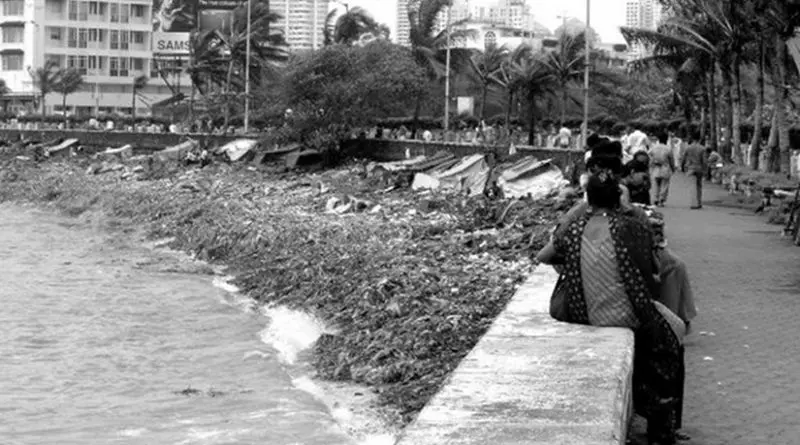How To Deal With India’s Migrant Issue? – OpEd
With considerable courage, the Government of India has released the National Registry of Citizens, that has shown that probably around 4 million illegal migrants from Bangladesh could be in Assam. Modi government has to be applauded for bringing out this fact, though it has been done under the directive of the Supreme Court. Perhaps, some other party in power in government may have found some excuse not to release the National Registry of Citizens which could lead to controversies and may have given some vague reasons to Supreme Court for not doing so.
While Modi government has done its job, the question now uppermost in the mind of everyone is how to deal with these illegal migrants from Bangladesh who are said to be as many as 4 million in number.
In India, there are not only migrants from Bangladesh but lakhs of others such as Sri Lankan Tamil refugees, Tibetan refugees, refugees from erstwhile Burma etc. Nobody has the correct figures but number of all such migrants could be nearly ten million in India today.
No doubt, dealing with migrant problem is a humanitarian issue. It is neither ethical nor feasible to make them go away forcefully, as they have no place to go and they are desperate people in deprived conditions, not knowing where their next meal would come from.
At the same time, it is necessary to recognize the socio-economic problems that the migrant issue cause to India.
While some incentives can be offered to the migrants to go back to their original land, the question is whether they would be accepted back in the country to which they originally belong. Some efforts have been made to send back the Sri Lankan Tamil refugees to Sri Lanka with the cooperation of the Sri Lankan government, but the efforts have not made much headway so far.
It appears that the one way is to prevent the refugees from coming to India at all. This is what Modi government has successfully done in the case of Rohingya refugees from Myanmar, though the government has been severely criticized by the activists and human rights advocates.
The only option for government of India in dealing with the migrants already living in India is to clearly identify them and segregate them from national population. Further, it has to be ensured that the migrant population do not expand , by firmly enforcing regulation that they should not have more than one child in the family. Of course, the voting rights have to be denied to them for atleast two decades.
While it is not the case that the migrants should be denied food or medical facilities , the migrants should be made to realize that they can’t have the rights in India like the citizens who are born in the country. Such realization amongst migrants would discourage more illegal migrants seeking entry into India to a large extent.
However, segregation of migrants from the main stream population cannot be a permanent solution and ultimately some eligibility criteria should be fixed for the migrants to be conferred citizenship status after remaining as migrants for at least ten years.
While the government of India has announced the national registry of citizens, such announcement by itself cannot take the country anywhere or point to any solution.
Prime Minister Modi has to reveal extraordinary quality of statesmanship and courage of conviction to deal with this migrant issue in an imaginative way, keeping the socio-economic impact of the issue in focus and at the same time deeply appreciating the humanitarian aspect of the matter.
The ground reality is that these migrants have now come to stay in India and they are not going to go away. Indians have to live with them and accept them and India has to enforce appropriate restrictions on the illegal migrants keeping the national interests in view.

